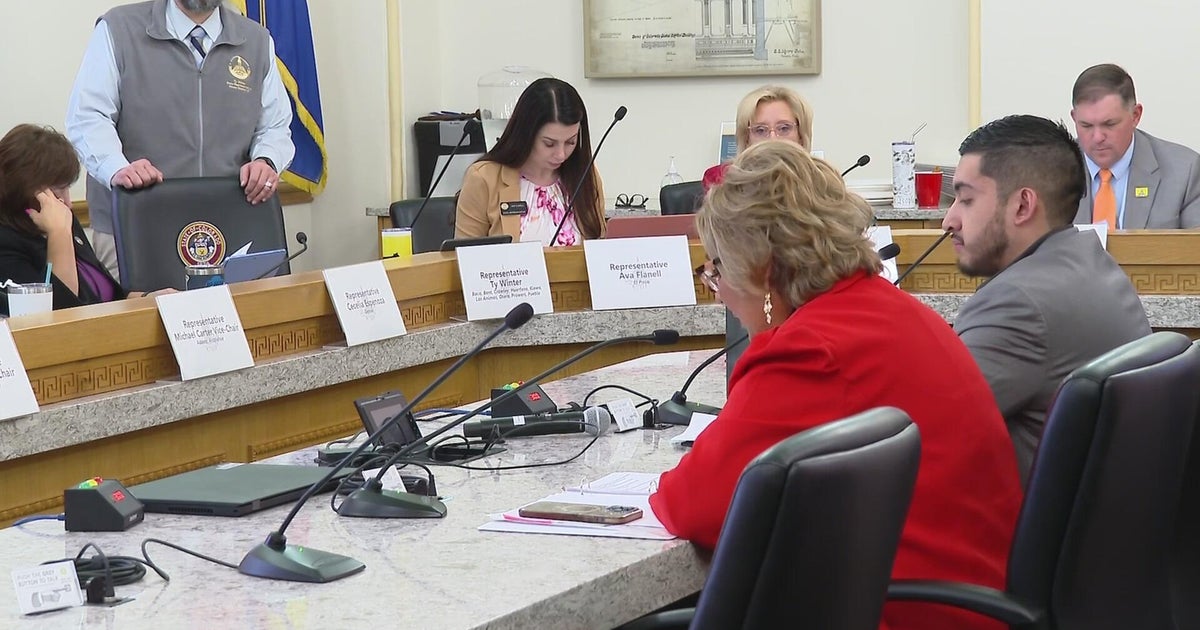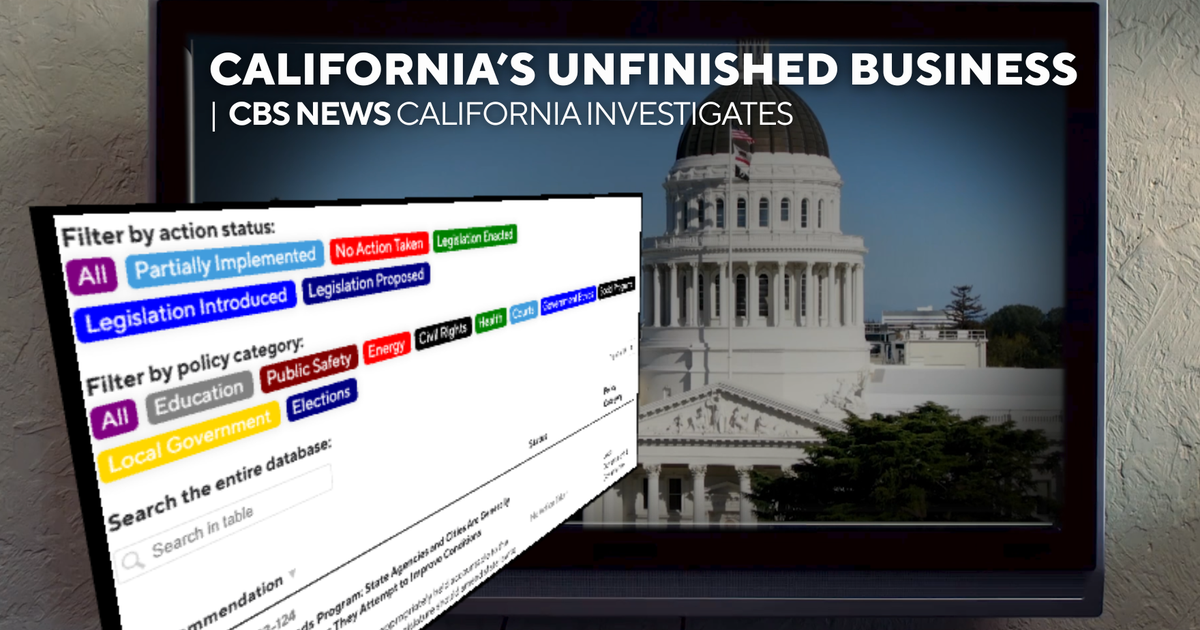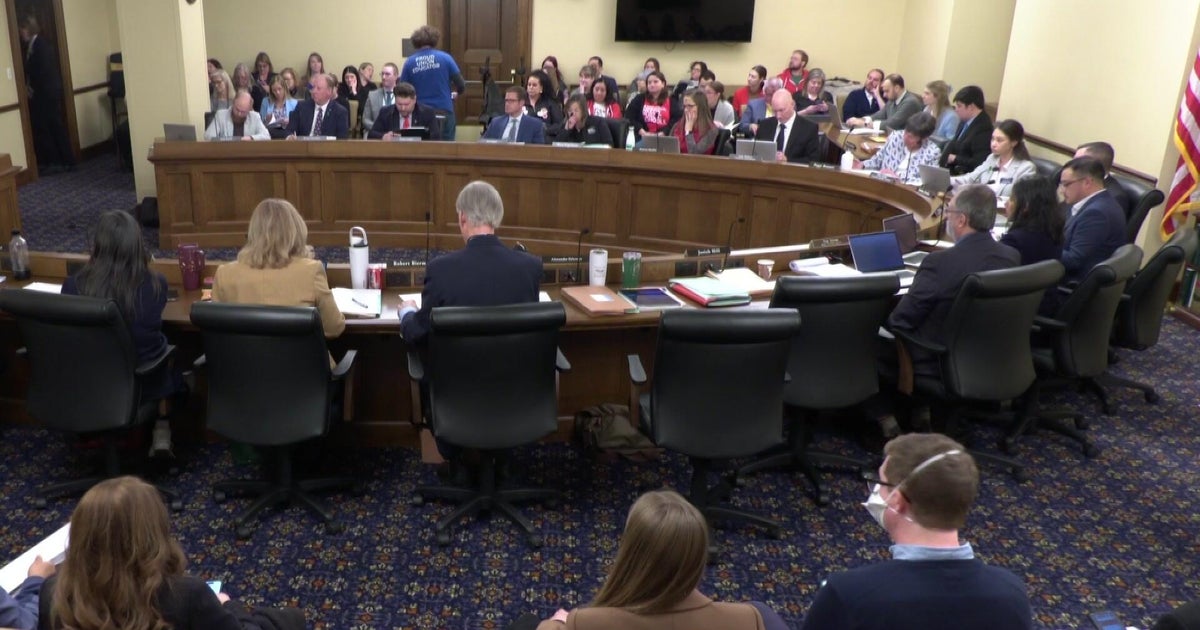Erasure Of Marijuana Convictions To Be Made Easier Under California Bill
SACRAMENTO (AP) -- A Democratic lawmaker wants to make it easier for Californians with marijuana convictions to reduce or erase their records as the state moves into the next phase of legalized pot.
Assemblyman Rob Bonta, D-Oakland, introduced legislation on Tuesday that would require county courts to automatically expunge eligible records. It's one of several efforts to build on the choice California voters' made to legalize marijuana despite fresh threats from the federal government.
Voters approved the ability to wipe criminal marijuana conviction records in 2016 as part of Proposition 64, which legalized marijuana and retroactively erased and reduced some pot-related criminal penalties from felonies to misdemeanors.
Existing law requires people with convictions to initiate the process themselves. But many people don't, either because they're unaware it's an option or because it can be complicated and costly. As of September 2017, around 5,000 people had applied for a change to their records, according to state data. That's a fraction of the people that experts estimate are eligible.
The bill would "give folks who deserve it under the law the fresh start they're entitled to," Bonta said, adding that pot convictions have disproportionality affected young minorities.
Recreational marijuana became legal in California last year, and on Jan. 1 it became legal for licensed dispensaries to sell it to non-medical patients.
Another proposal that stalled last year would restrict state and local law enforcement from cooperating with federal efforts to crack down on anyone growing or selling cannabis legally under state law.
Democratic Assemblyman Reggie Jones-Sawyer of Los Angeles introduced the bill last year amid tough talk about marijuana from U.S. Attorney General Jeff Sessions', but it did not advance as the state Legislature waited to see what the U.S. government would do. He hopes to see it move forward now that Sessions has made more concrete threats.
The U.S. Justice Department announced last week it's halting an Obama-era policy to take a hands-off approach toward states that have legalized marijuana, still illegal under federal law. That could lead to increased prosecutions of marijuana sellers and growers, although it's unclear how aggressive federal attorneys will be. More than half of states have legalized or decriminalized the drug and lawmakers in those states pledged forcefully to defend their policies.
"California overwhelmingly sent a message to the federal government stating that their cannabis-centric "war on drugs" should not be waged here," Jones-Sawyer said in a statement. "State resources that are paid by tax dollars should not be used to disrupt lawful businesses.
Laura Thomas, deputy state director for the Drug Policy Alliance, said she talks to many people who are unaware they can eliminate their past pot convictions under the new law. She estimates more than 100,000 people are eligible to have their records changed.
Bonta provided no cost estimate for what his proposal. It would require county courts to identify eligible convictions, change the records and then notify people of the changes.
© Copyright 2018 The Associated Press. All Rights Reserved. This material may not be published, broadcast, rewritten or redistributed.







